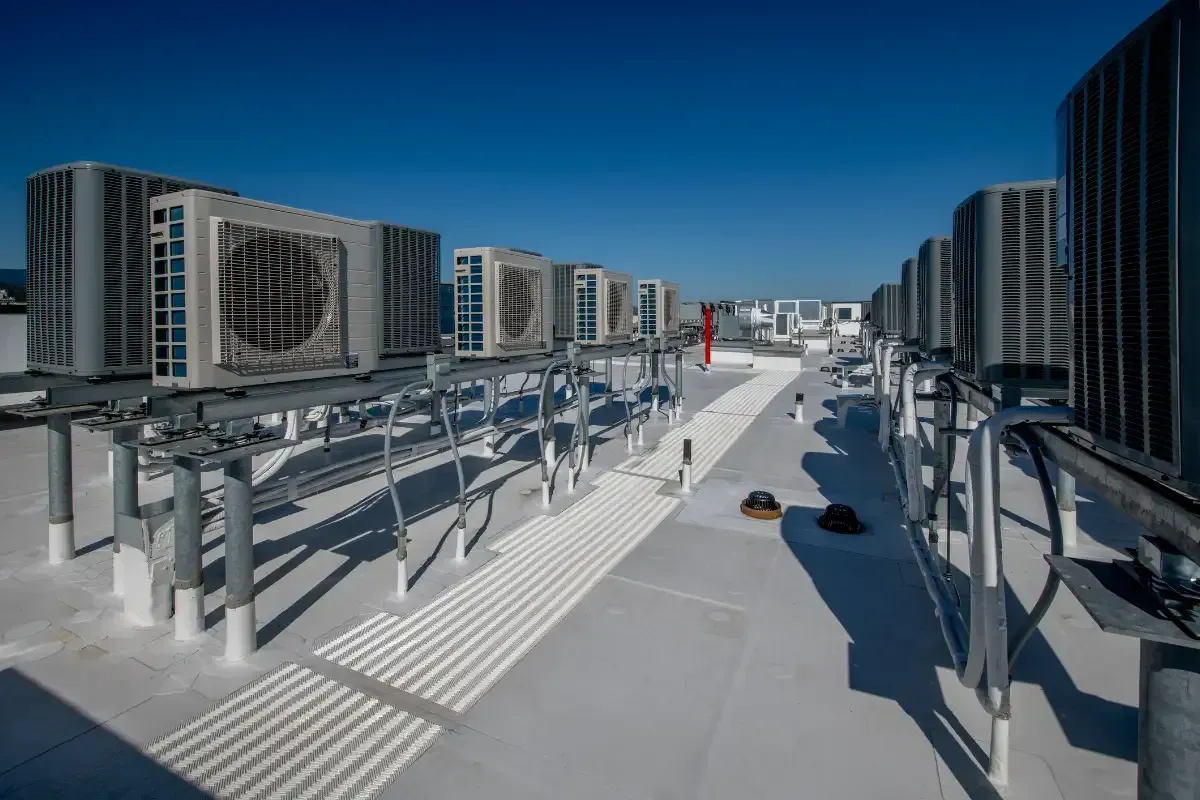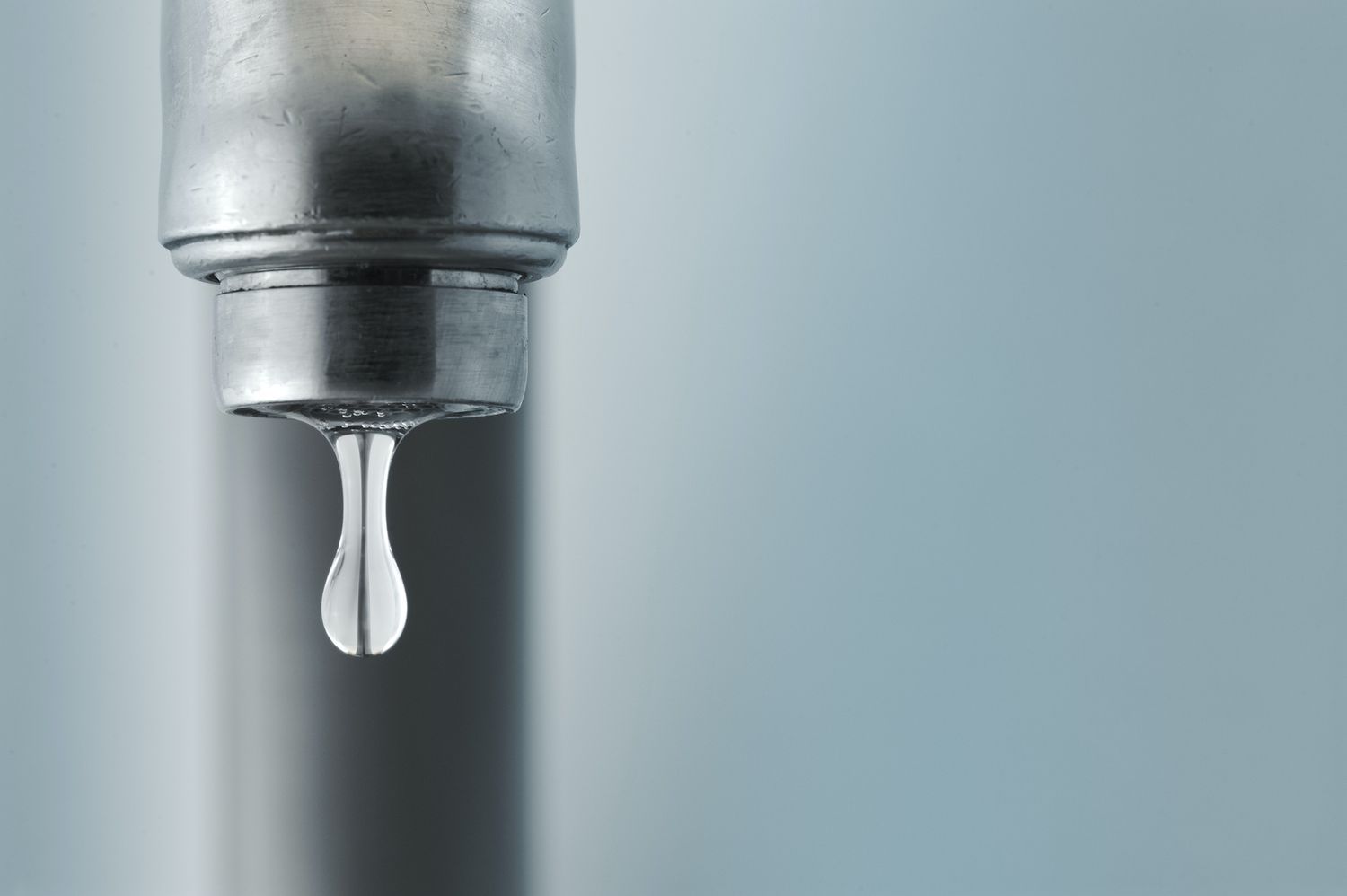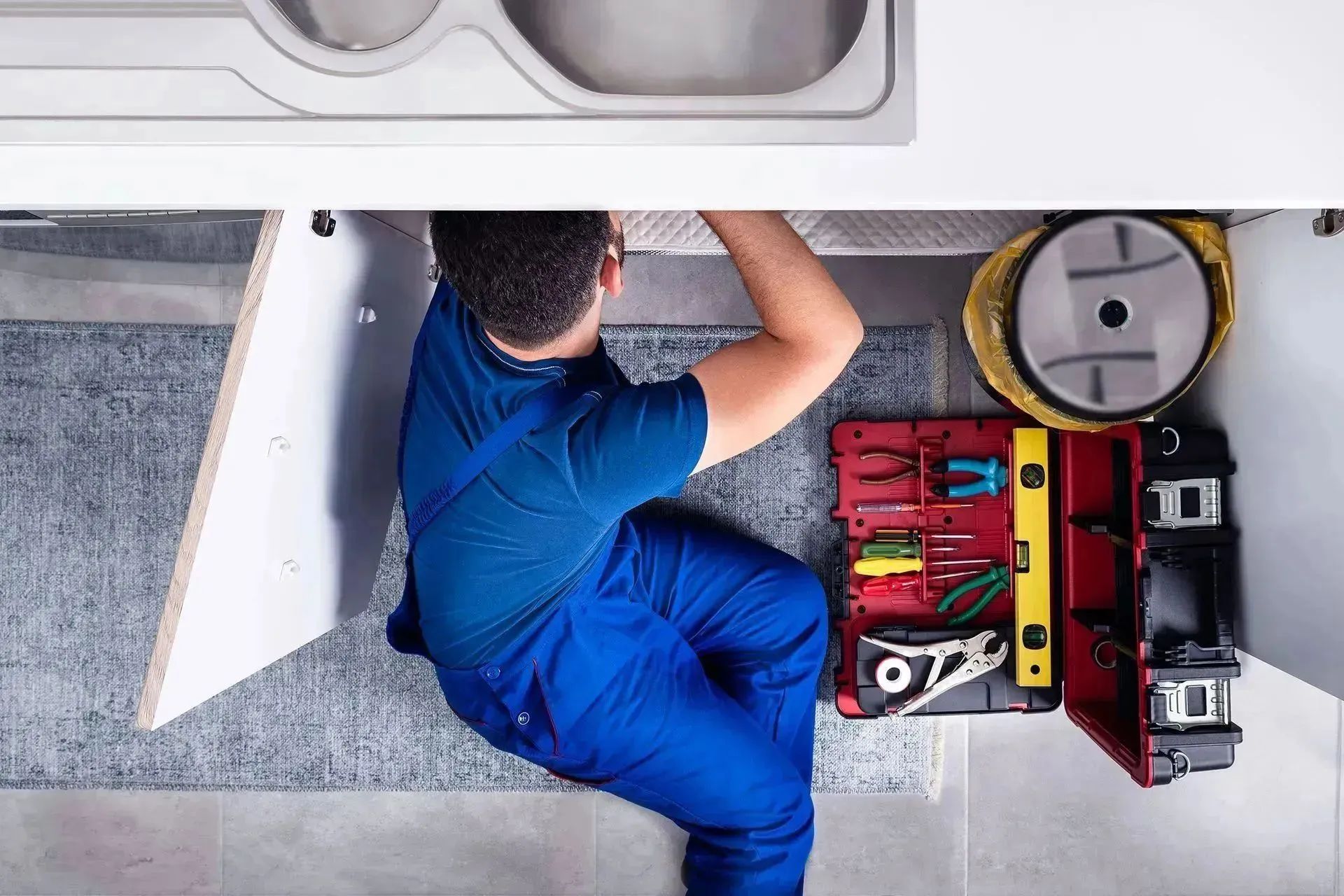A Guide to Underfloor Heating: Understanding Your Options
Once used exclusively in kitchens and bathrooms, underfloor heating (UFH) is growing in popularity in commercial spaces like office spaces, industrial facilities and shop floors. This is due to their multiple benefits as a commercial heating source, from minimal noise and low running costs to energy efficiency, helping businesses improve their sustainability efforts.
When choosing an underfloor heating system for your business, there are two types to consider: electric heating systems and water heating systems, each offering contrasting advantages and disadvantages.
In this guide, we will explore both underfloor heating options in detail, explaining how they differ and how to choose which system is right for your commercial heating needs.
Electric Underfloor Heating Systems
Electric underfloor heating systems, often referred to as "dry systems", use electricity to generate heat. They are made up of ultra-thin wires or metal mats that sit directly under the floor surface. The systems operate independently from a central heating system, making them easy to install in individual rooms. While wire mats offer an easy-to-fit solution for standard room layouts, loose wires are ideal for irregularly shaped spaces.
Hydronic Underfloor Heating Systems
Hydronic, or "wet", underfloor heating systems consist of underfloor pipes that transport hot water, which is heated by a central heating system. As the water in central heating systems reaches high temperatures, wet underfloor heating systems have a mixer valve that reduces the temperature to 35°C and 45°C, ensuring it is safe and comfortable to walk across.
Wet systems often require extensive underfloor pipework to be installed to ensure the water can be distributed effectively. An industrial heating engineer can equip your system with pumps to manage individual or multiple zones, providing zonal temperature control across a commercial property.
Comparing Electric and Hydronic Systems
When choosing between electric and hydronic underfloor heating, there are several factors to consider:
● Installation Costs: Electric systems are cheaper to install, while hydronic systems require more extensive work and higher initial investment.
● Running Costs: Electric systems can be more expensive to run, making wet systems a better choice for larger properties or areas with higher heating demands.
● Suitability: Electric systems are ideal for smaller spaces or individual rooms, while hydronic systems are more suited to larger, open-plan areas and new builds.
● Longevity and Maintenance: Hydronic systems are designed for long-term use with minimal maintenance, with pipework lasting up to 50 years. Electric systems, on the other hand, may require more frequent checks and repairs.
Ultimately, the choice between the two depends on the size of the space, budget, and long-term heating needs.
Caledonian Heating & Plumbing: For All Your Commercial Heating Needs
At Caledonian Heating & Plumbing, we provide expert commercial heating services, including the installation of underfloor heating and industrial radiators. Our skilled industrial heating engineers offer tailored solutions, ensuring efficient and cost-effective systems. With years of experience, Caledonian’s team guarantees reliable, long-lasting heating solutions for businesses of all sizes.
For more information about our industrial radiators, underfloor heating or other heating commercial heating solutions, get in touch today.



















